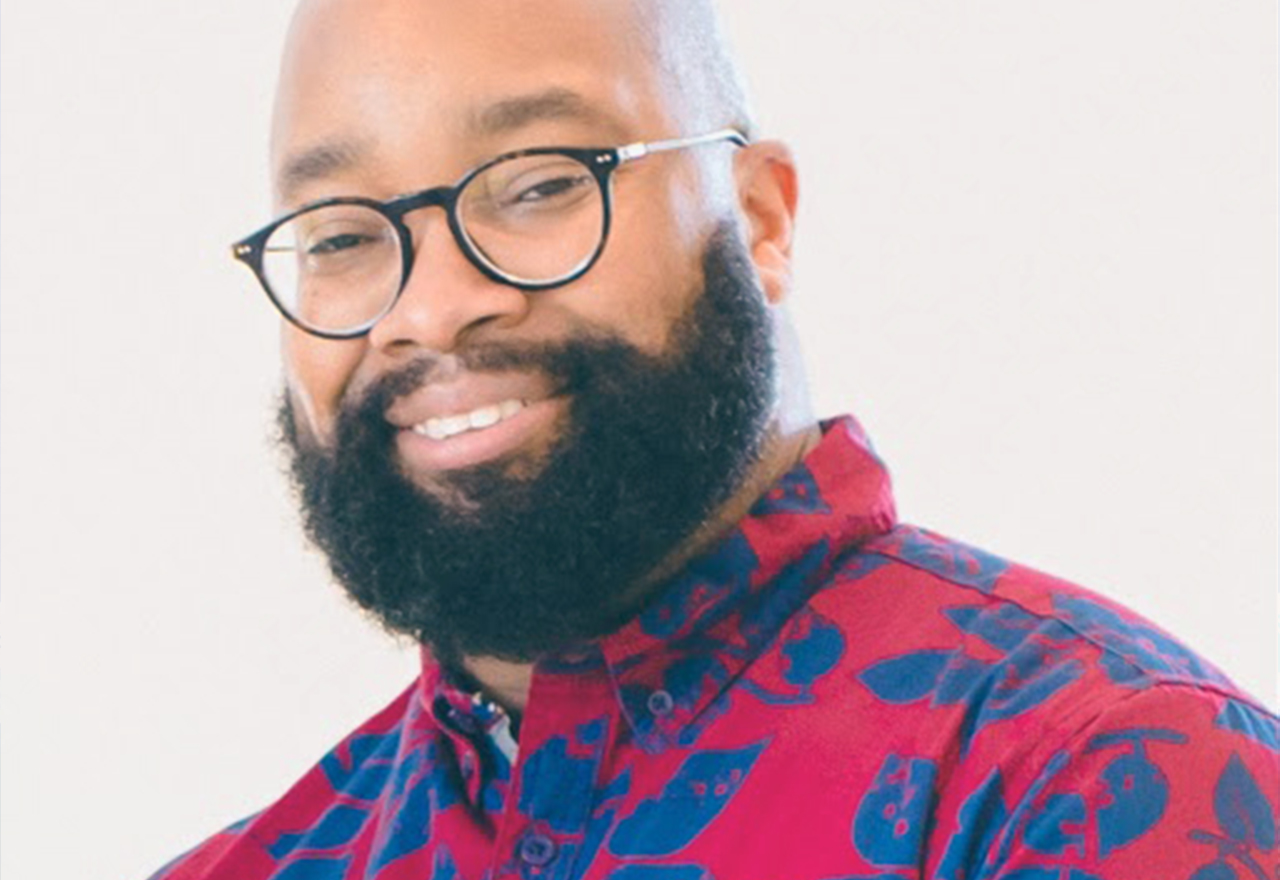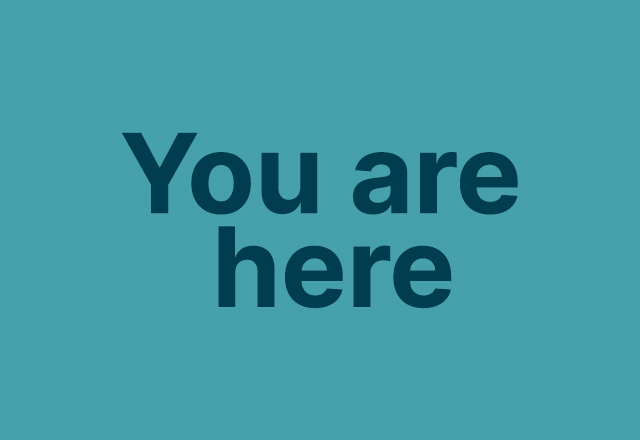Here we will look at how we are using data to shine a light on injustice and using technology to help provide disenfranchised communities platforms for empowerment.


Principles: a time for reflection and action
Social and racial injustice has for centuries been deeply entrenched in the mechanisms that govern political and economic activity. But recent events, such as the disproportionate impact of the COVID-19 pandemic on low-income and marginalized communities globally, and the killings of George Floyd and Breonna Taylor in the United States, have thrust longstanding inequalities into the international spotlight in an unprecedented way. This has forced us, as a society, as a company, and as individuals, to ask - what role are we playing in perpetuating inequality, and what steps can we take to address it?
Our response to these questions begins with our foundation: building and strengthening a culture of awareness and empathy that acknowledges these dynamics. Internally, we make it clear that racial equity is an organizational and cultural requirement, not a pipeline problem; and that equality must be manifested in advancement opportunities as well as representation.
Externally, we deepen connections with our partners in social movements, emphasizing that we stand with them in solidarity and service, to learn where we, as technologists, can create the most impact. Our partnerships have enabled programs to address police misconduct and protect the rights of female domestic workers, as well as supporting education for all - to give just a few examples. Above all, we recognize that there will always be more we can do to contribute to change - and more voices that deserve to be heard.
With social change, it’s never been about us. We operate in the service of our partners and their movements. We try to understand from a systems perspective where Thoughtworks can really make the most impact, and have very open and honest conversations about that. Inclusive processes take much more time. But they bring more people along, and are stronger for it.
In practice
The following examples of our racial and social justice work reflect our global focus and our belief that the struggle must be led by the people and communities affected. We view our role as providing these communities with technology tools that help them inform and build their networks, and to amplify calls for change.
Confronting racial injustice in the United States
The resurgence of Black Lives Matter (BLM) and other civil rights protests across the United States, ignited by recent acts of police violence but rooted in a long history of oppression, prompted a deep reckoning within Thoughtworks North America. Many voices rightly demanded we do more to support our own people and the wider Black and brown communities.
Racial justice work is not new to us. Since 2011 we have built networks internally and with outside organizations such as Black Girls Code and Hands Up United to develop tech skills and clear career pathways for Black youth. However, in 2020 we redoubled efforts to listen and to act, bringing together hundreds of our people across North America to have open conversations on ways to address systemic injustices.

All Thoughtworkers should feel a sense of belonging. Our environment is inclusive, respectful and preserves dignity. We also emphasize equity of representation and opportunities. Diverse organizations are great, but ensuring all people have access to advancement is another level. It’s our duty to dismantle barriers and provide the tools and resources to everyone to ensure they have the skills and experience necessary to achieve their goals.
All Thoughtworkers should feel a sense of belonging. Our environment is inclusive, respectful and preserves dignity. We also emphasize equity of representation and opportunities. Diverse organizations are great, but ensuring all people have access to advancement is another level. It’s our duty to dismantle barriers and provide the tools and resources to everyone to ensure they have the skills and experience necessary to achieve their goals.
Many of the ideas from these sessions are now being put in practice, including improving our own Diversity, Equity and Inclusion (DEI) infrastructure to remove unintentional barriers to advancement; establishing a racial justice employee resource group that provides guidance on supporting local anti-racism movements; and strengthening our partnerships with organizations working for racial equality. We will continue and build on these efforts in the months ahead, regardless of how the media spotlight shifts.
Pathways to tech for Australia’s First Nations
The massive disparities in living conditions, economic opportunities, and the administration of justice between white and Indigenous Australians are also glaringly evident in the technology sector. By most estimates there are fewer than 100 Aboriginal and Torres Strait Islander people in the tech industry in Australia, despite these groups comprising three percent of the population.
In late 2019, inspired by discussions with Indigenous organizations and advocates, as well as initiatives successfully launched by colleagues in India and Brazil, we stepped up our efforts to right this imbalance. We established our First Nations delivery center – dedicated to building software for our clients – staffed by at least 50% Aboriginal and Torres Strait Islander technologists.
The center operates on two main principles. The first is that ‘the problem isn’t them, it’s us’ - meaning our organization has to learn how to better support the culture, aspirations, and distinct ways of learning and communicating of Indigenous technologists, not the other way around. An example is our aim to keep the center distributed, which allows us to provide career options to the many Aboriginal and Torres Strait Islanders who prefer to live on or near Country – their often rural ancestral homelands. We strive to offer Indigenous technologists a complete career development trajectory, in some cases beginning with internships through the national CareerTrackers program for Indigenous youth.

I was able to use the internship to reinforce my love of technology, knowing without a shadow of doubt that I was passionate to build software for a living, and that passion of technology could be combined with social and economic justice. Since starting at Thoughtworks, I’ve worked across many industries, strengthening my core skills as an engineer and consultant, to build better and socially-just software.
I was able to use the internship to reinforce my love of technology, knowing without a shadow of doubt that I was passionate to build software for a living, and that passion of technology could be combined with social and economic justice. Since starting at Thoughtworks, I’ve worked across many industries, strengthening my core skills as an engineer and consultant, to build better and socially-just software.
The second principle is that the center is not considered a charity or corporate social responsibility project. It is an integral part of our local business, working with the same focus on constant improvement, consistent delivery of quality software to customers, and profitability as the rest of the organization. The center has already produced a highly-integrated and responsive customer profile portal for one of Australia’s leading retailers and will be a core part of our offering to other major clients in Australia in future.
Harnessing data to increase police accountability
While the killing of George Floyd called national, and global attention to the issue of police violence, there is a legacy of police misconduct in the United States that stretches back decades, the victims of which often go unnoticed.
Based on our experience that data can shed light on previously overlooked problems, we have collaborated closely for years with the Chicago-based Invisible Institute to support its Citizens Police Data Project (CPDP). This work of making misconduct easier to report, visualize and action now continues with Public Data Works, an organization bringing data-centric accountability tools to other cities.
Starting with the Independent Police Monitor of the City of New Orleans, we worked with Public Data Works to evaluate the needs of the agency to better collect, monitor and report on police misconduct. Early work with the Independent Police Monitor of New Orleans made it clear a robust police misconduct data intake tool should be a priority. We learned that the Monitor lacked the capacity to handle complaints and people were often reluctant to bring grievances to the police themselves, so a way to help citizens file complaints to an independent body was essential.


The project resulted in a case management system that streamlines the reporting process and also provides for analyses and assessments that accurately present patterns of officer behavior to police and regulators. This means communities affected by negative police behavior giving oversight agency, citizens and regulatory agencies the information they need to hold police departments accountable and advocate for change.
Empowering South American domestic workers to assert their rights
Like their counterparts elsewhere in the world, domestic workers in South America grapple with challenging, at times dangerous, working environments. In Ecuador, an estimated 80% of female houseworkers have faced violence or harassment at work (1). In Brazil, where the vast majority of domestic workers are women of color, only around a third work under a formal contract. Often these issues are connected to a lack of understanding of the legal rights that workers are entitled to, and the avenues of recourse available when these are violated.
Coordinating directly with workers’ associations and unions, our teams devised solutions designed to bridge these gaps. In Quito, Ecuador, our Social Transformation Lab helped create an app that provides legal advice and aid to houseworkers. We collaborated closely with the National Union of Professional Houseworkers to ensure the product (2) reflected the concerns of the user base it was designed for, and was accessible to those with limited technical skills. Uptake of the initial version of the app has been strong and we are convinced it has the potential to help tens of thousands of women nationwide.


A similarly collaborative approach was adopted in Brazil, where we engaged in a pro bono effort to upgrade the technology infrastructure and website of the National Federation of Domestic Workers (Fenatrad). The project’s main aim was to reimagine the website to be as intuitive and informative as possible for the workers who depend on it as a resource. Based on conversations with these workers, changes were made that enhanced the visibility and accessibility of training and educational resources, and highlight the historical struggle of domestic workers in the country


Education for all
(1)https://www.care.org.ec/wp-content/uploads/2021/02/RESUMEN-TRH.pdf
(2)The app is called TR UNIDAS.






















